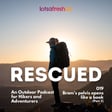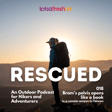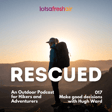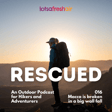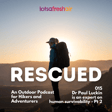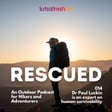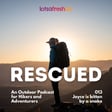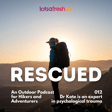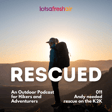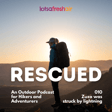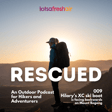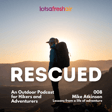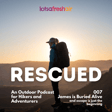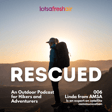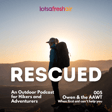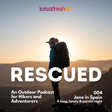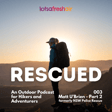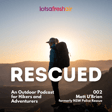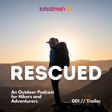
BONUS // Meet Ashley from The Sharp End Podcast
What better way to wrap up 2023 and season 1 of the Rescued Podcast, than by loading you up with fresh stories and podcasts for your Aussie Summer Christmas road trip listening.
I'm delighted to introduce you to Ashley Saupe and her immense library of work on The Sharp End podcast.
Download the Transcript here
LINKS
The Sharp End - Episode 53 // The Sleeper Wave (Hawaii) - https://www.thesharpendpodcast.com/episode-53
The Sharp End - Episode 76 // Live with Arc’teryx Athlete Adam Campbell (avalanche) https://www.thesharpendpodcast.com/episode-76
The Sharp End - Episode 26 // Live with Quinn Brett (fall on El Capitan) https://www.thesharpendpodcast.com/episode-26
The Sharp End - Episode 49 // Life & Death with Charlie Sassara and Jack Tackle (rockfall and leaving to get help) https://www.thesharpendpodcast.com/episode-49
